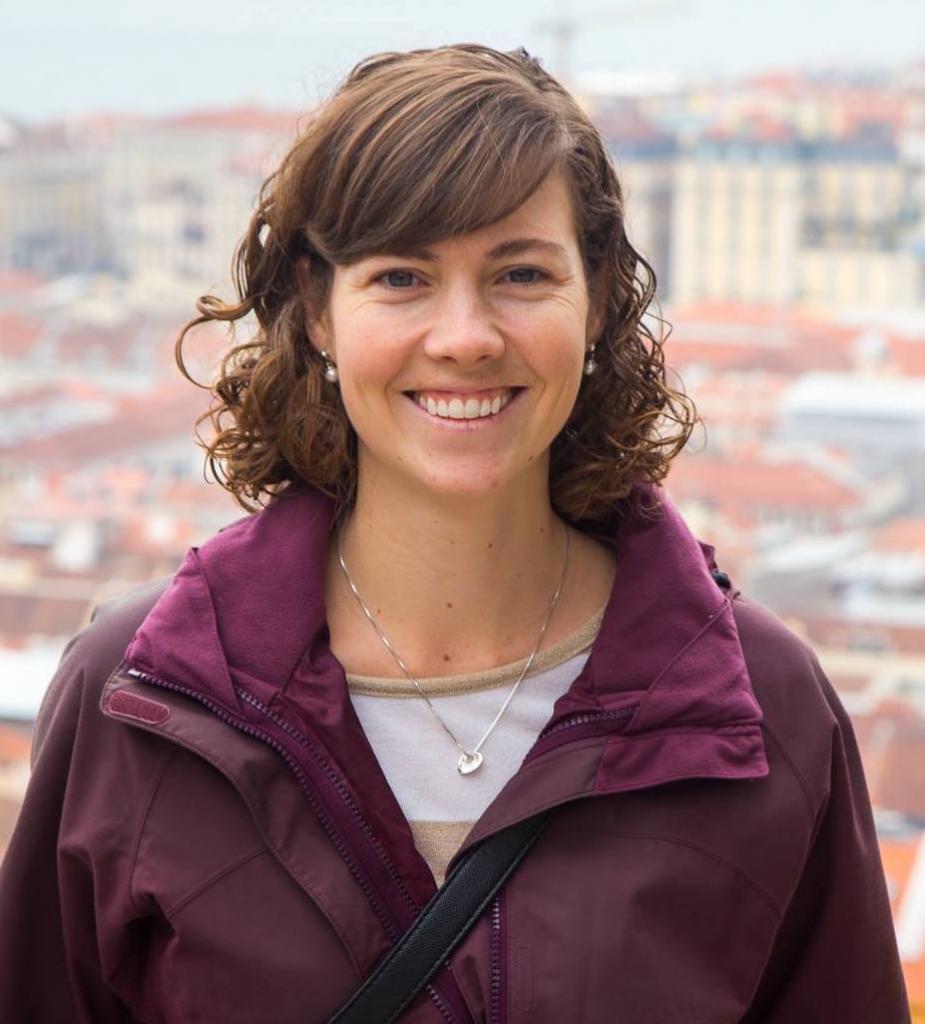PhD Candidate
PhD Candidate
Emily Kearney is PhD candidate in the Organisms and Environment division of ESPM. She received her bachelor’s degree from Cornell University, where she majored in Ecology and Evolutionary Biology. From there, Emily expanded her ecological knowledge with internships in the rainforest of French Guiana hunting caterpillars and at the Max Planck Institute of Chemical Ecology studying frass volatiles (i.e. caterpillar poop odors). These experiences cemented her passion for plant-insect interactions which led her to Berkeley for a PhD in pollination ecology focusing on the native pollinators of chocolate trees in Ecuador. While doing her PhD, Emily has relished opportunities to explore her other passions for teaching, mentoring, and communicating science to the general public. She is co-founder of Project Safety and Field Equity which is a student group advocating for better training for field teams in order to decrease the incidence of sexual discrimination/harassment/assault in field situations and is the Program Director of Tech and Biotech for the Unconscious Bias Project, a non-profit that uses evidence-based methods to decrease the effect of unconscious bias in STEM communities. When she is not debugging R code, re-writing her dissertation chapters, or giving workshops about inclusive and equitable practices, she enjoys cooking vegetarian meals, reading sci-fi, and training for American Ninja Warrior.
B.S. Biology, Cornell University 2012
Plant-Insect Interactions, Pollination Ecology, Agroecology, Conservation
I am using ecological theory and agroecological practices to understand how plant-insect interactions shape the natural world around us. I focus on applied systems and in particular, I examine how natural areas or habitat restorations provide ecosystem services to agriculture using on-the-ground sampling and remote sensing.
Agriculture covers over 40% of the world's terrestrial surface and this area is only increasing. While the global food system has many problems, the loss of ecosystem services from the destruction or conversion of natural habitat is arguably the next major threat to food production and the livelihoods of the millions of smallholder farmers around the world.
For my dissertation, I am exploring how natural habitat provides pollination services to cacao farmers in Ecuador and how restoration plantings of flowering shrubs and trees (hedgerows) in the Central Valley of California support populations of native, crop-pollinating bees.


